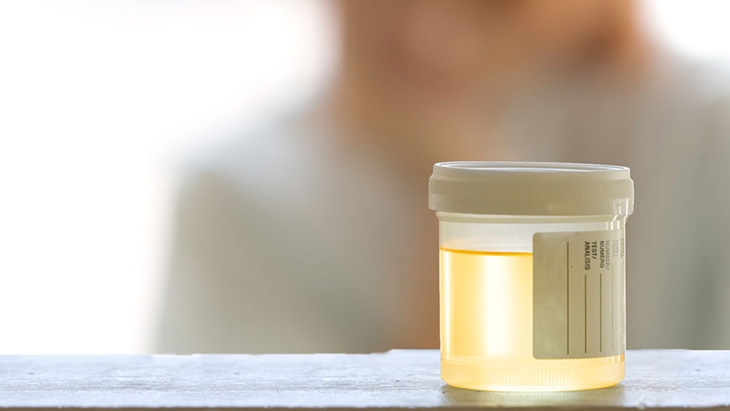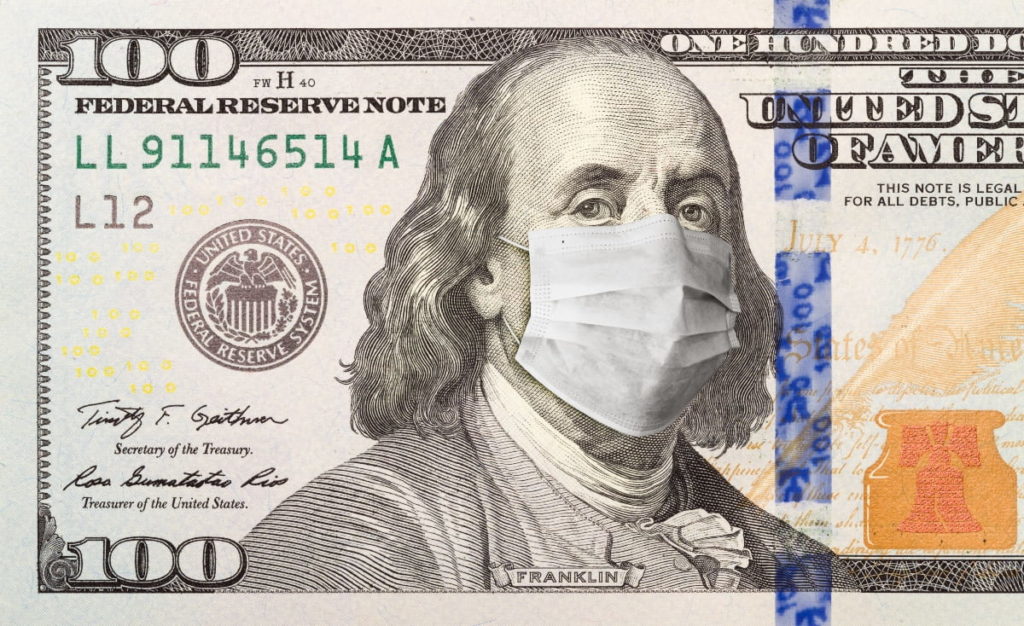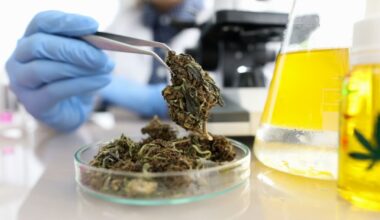In response to the public outrage regarding the suspension of American athlete Sha’Carri Richardson for testing positive for cannabis, the World Anti-Doping Agency (WADA) has announced that it will be reevaluating their policies.
Currently, WADA deems THC, the primary psychoactive compound of marijuana, a “substance of abuse” on its 2021 prohibited list. All cannabis-based products except for cannabidiol, or CBD, are banned “in-competition.” That means that if THC is found in an athlete’s system on the day of an event, that athlete is subject to punishment.
In July, thousands of NORML members sent messages to WADA as well as the US Anti-Doping Agency (USADA) demanding that they “reconsider the existing policy to bring WADA and USADA into compliance with the shifting legal and cultural standing of cannabis.”
Further, NORML partnered with allies at MoveOn.Org on a petition that garnered nearly 600,000 signatures.
Members of Colorado NORML joined MoveOn organizers on July 15th to deliver the signed petitions to the USADA offices in Colorado Springs. At the time, leaders of Colorado NORML issued the following statement: “Sha’Carri Richardson is one of the fastest athletes in the world — and would have a real chance of winning the 100-meter sprint in the Summer Olympics this month. But due to an outdated and arbitrarily enforced rule around marijuana, she’s now going to be kept from competing on the world stage. With over 580k signatures, we are pivoting to putting pressure on decision-makers (USADA and IOC) to revoke the suspension of Sha’Carri Richardson, remove THC/marijuana from the banned substances list, and pivot to a broader push for federal legalization.”
Athletes and others who consume cannabis legally in their private lives should not face discriminatory action. This reevaluation by WADA is a positive first step to address these outdated policies.
Related
Medical Disclaimer:
The information provided in these blog posts is intended for general informational and educational purposes only. It is not a substitute for professional medical advice, diagnosis, or treatment. Always seek the advice of your physician or other qualified healthcare provider with any questions you may have regarding a medical condition. The use of any information provided in these blog posts is solely at your own risk. The authors and the website do not recommend or endorse any specific products, treatments, or procedures mentioned. Reliance on any information in these blog posts is solely at your own discretion.






